Cardano Smart Contracts: The Era of Plutus and Marlowe
![]() Sarah Rodriguez • 23 Oct 2023
Sarah Rodriguez • 23 Oct 2023
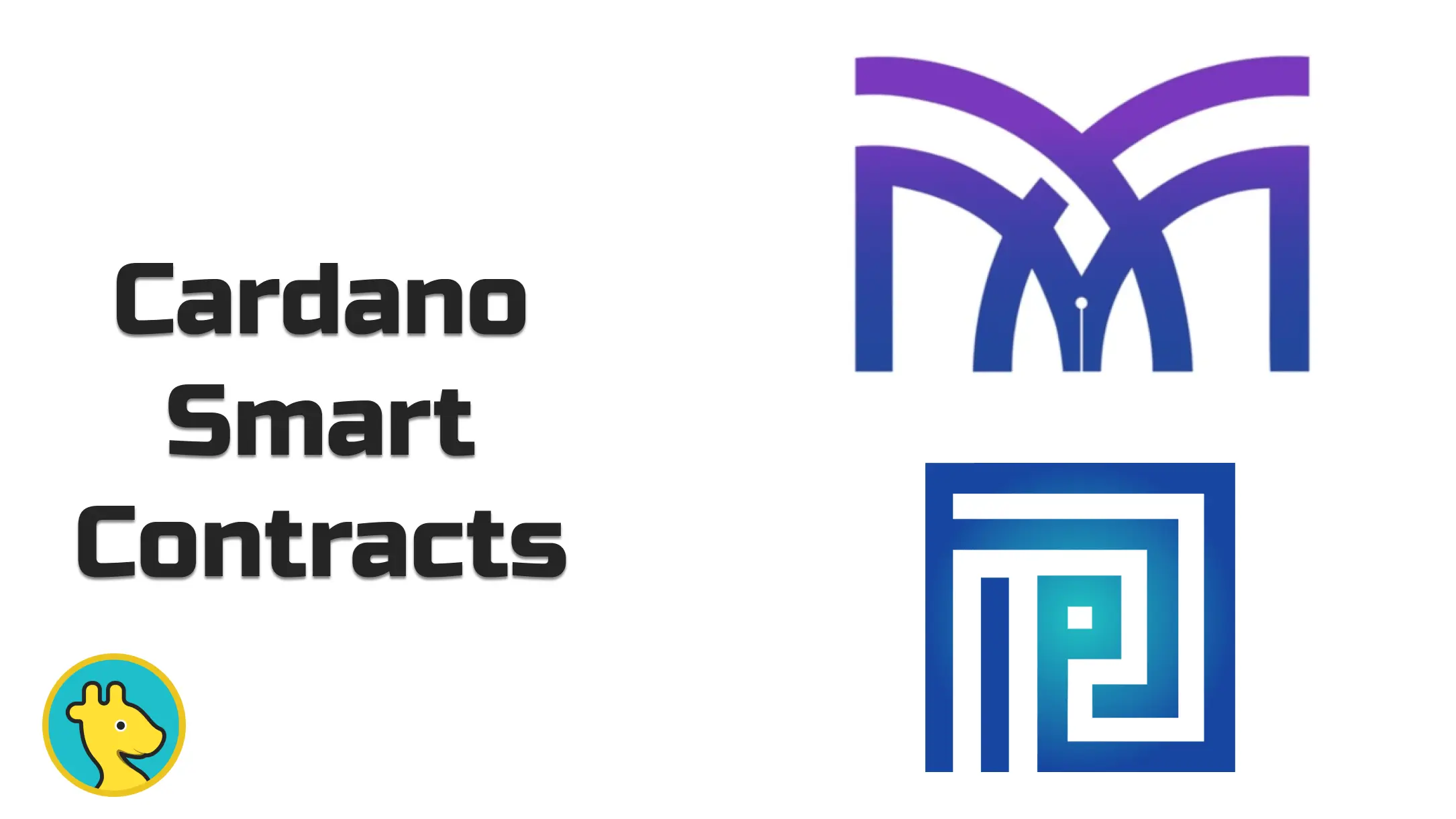
Introduction
The digital frontier, with its myriad of technological innovations, has brought forth a range of groundbreaking platforms, among which Cardano stands out prominently. Distinguished by its research-oriented approach, Cardano is not merely another digital currency. Instead, it represents a sophisticated blend of cutting-edge blockchain technology and groundbreaking advancements, culminating in a platform that is secure, scalable, and sustainable. Its unique architecture and commitment to rigorous academic and scientific research have positioned Cardano as a vanguard in the blockchain sphere, continuously drawing attention and expanding its global user base.
Smart contracts have been nothing short of a paradigm shift in the way we perceive and implement contractual agreements in the digital domain. These are not just ordinary contracts; smart contracts are digital protocols that facilitate, verify, or enforce credible transactions without intermediaries. Encoded with precise instructions, they function on an 'if-this-then-that' principle, ensuring both parties fulfill their end of the bargain without the need for third-party oversight. This autonomy, combined with unparalleled security and transparency, sets smart contracts apart as a pivotal component of the contemporary blockchain ecosystem. Their transformative potential has led to the rise of decentralized applications (DApps) and is progressively reshaping the very fabric of digital interactions and enterprises. As Cardano delves deeper into this realm with its unique offerings in smart contract technology, the world watches keenly, anticipating the next big leap in blockchain evolution.
Evolution of Cardano Smart Contracts
The journey of Cardano Smart Contracts has been both revolutionary and evolutionary. Stemming from a vision of creating a more secure, flexible, and scalable smart contract environment, Cardano has continually dedicated its resources towards research and development, propelling it ahead in the blockchain race.
The Inception of Cardano Development
When Cardano started its voyage in the world of blockchain, it wasn’t just looking to replicate the existing smart contract models. Instead, it aimed to rectify their shortcomings. With a robust peer-review process and emphasis on evidence-based methods, Cardano development became synonymous with quality and precision. By setting a high bar for academic research and thorough testing, the platform ensured that the smart contracts it would introduce would be both efficient and reliable.

Plutus: A Game-Changer
Central to Cardano Smart Contracts is Plutus, a smart contract development platform. Unlike many of its counterparts, Plutus is built on the Haskell programming language, known for its strong security features. This choice wasn't merely incidental. Cardano, always prioritizing security, recognized the advantages Haskell provided and molded Plutus around it. The result? A platform that offers developers the tools to create secure and high-quality decentralized applications.
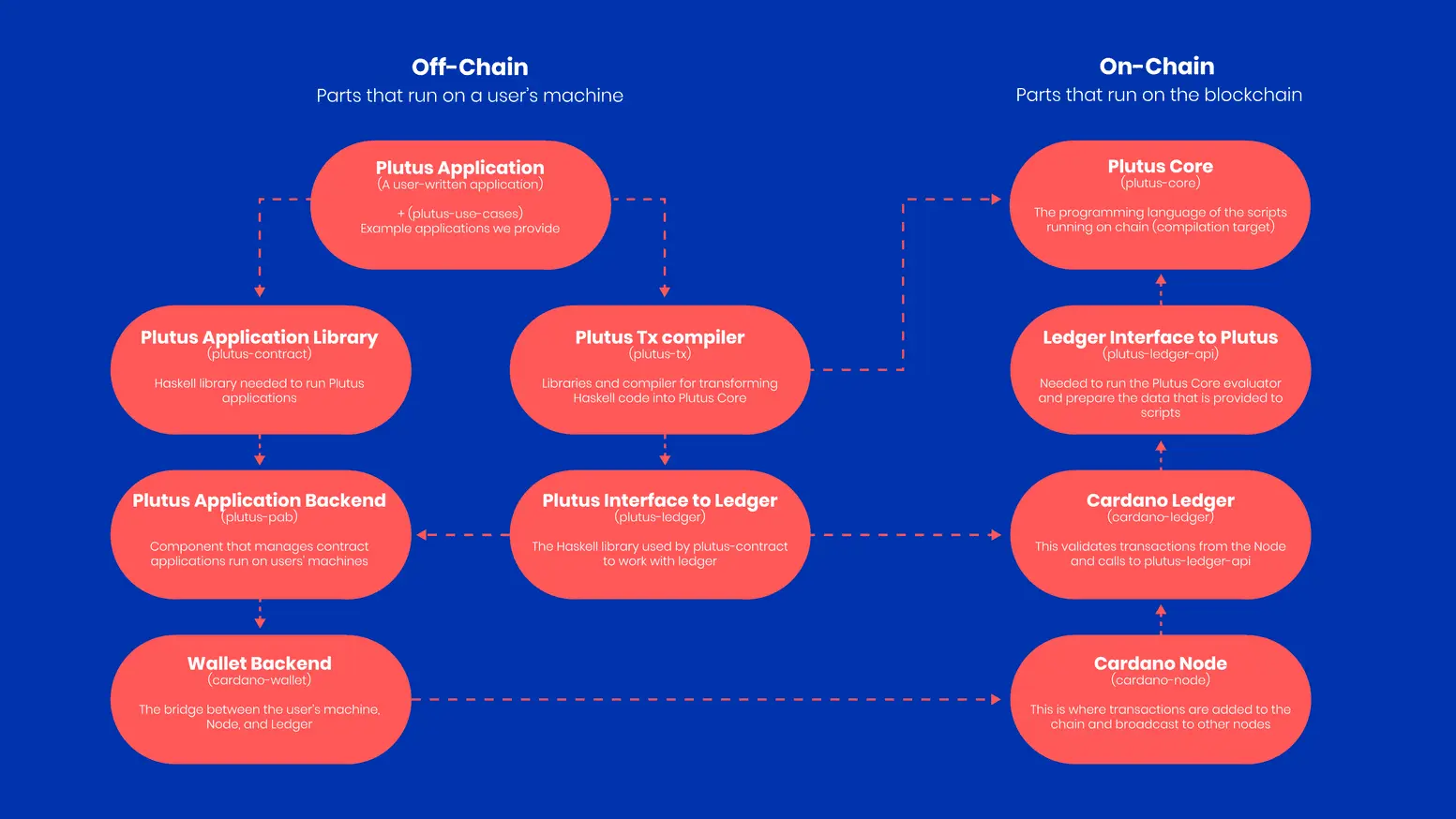
Marlowe: Simplifying Smart Contract Development
Not stopping at Plutus, Cardano further expanded its smart contract suite with Marlowe. Designed to be a domain-specific language for financial contracts on the Cardano blockchain, Marlowe makes it easier for those without deep coding expertise to draft secure and concise smart contracts. Its intuitive interface and built-in tools for simulation and testing are leading the charge in democratizing smart contract creation.
As we assess the current landscape, it's evident that Cardano Smart Contracts have positioned themselves at the forefront of the blockchain revolution. By offering platforms like Plutus and Marlowe, Cardano is not only advancing its technological prowess but also paving the way for a more inclusive and transparent digital future.
Furthermore, for a holistic grasp of the evolution and intricacies of Cardano Smart Contracts, exploring resources on Cardano's official website and platforms dedicated to Cardano blockchain analysis can be immensely beneficial.
Diving into Plutus
Within the vast ecosystem of Cardano Smart Contracts, one name that consistently stands out is Plutus. As Cardano's pioneering platform for developing smart contracts, Plutus has cemented its reputation as a game-changer in the decentralized application (dApp) landscape.
What is Plutus? Overview and Significance
Plutus, named after the ancient Greek god of wealth, represents Cardano's answer to the increasing demand for advanced and secure smart contracts. It’s not just a platform; it's a paradigm shift, aiming to ensure that the Cardano blockchain remains at the forefront of the crypto revolution.
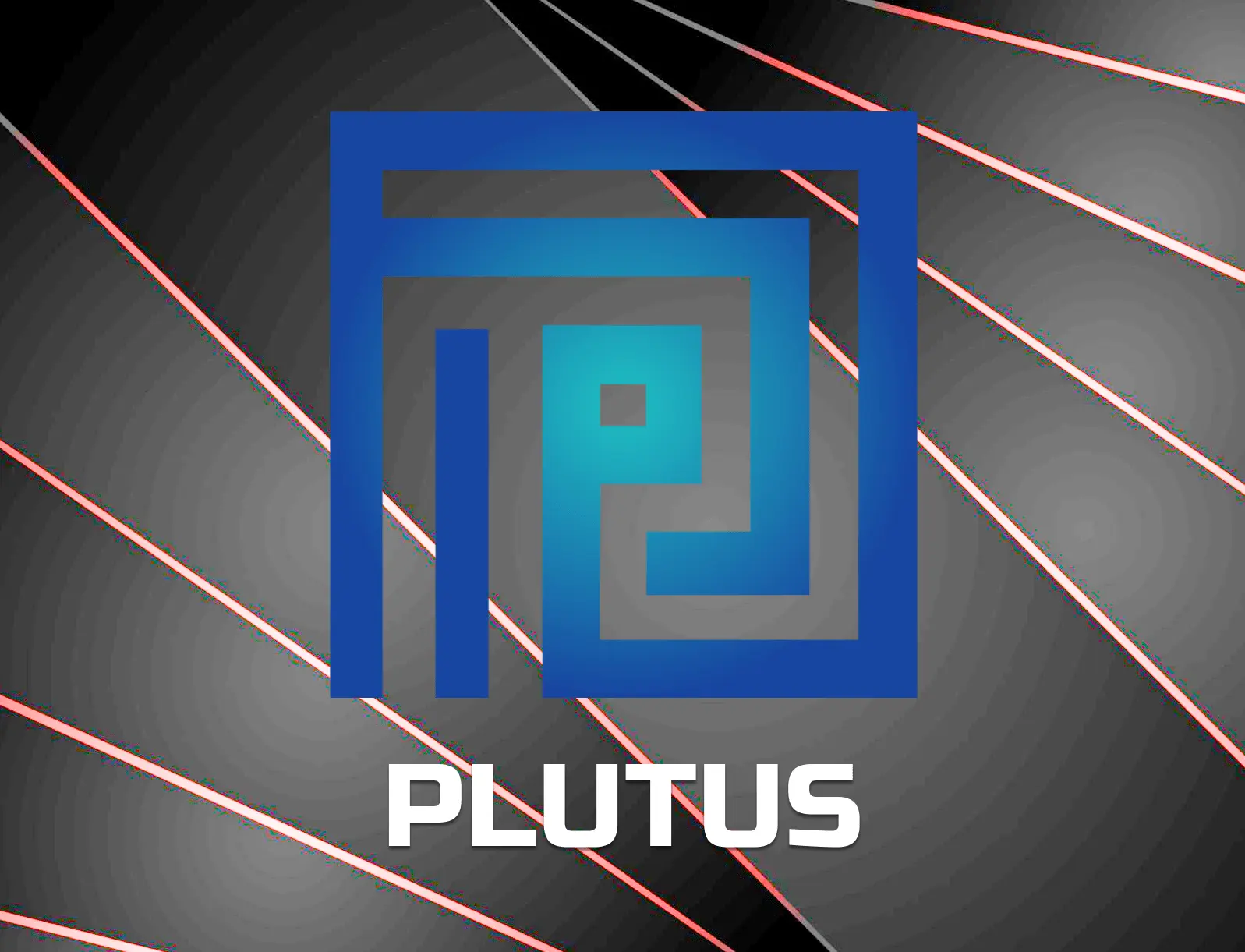
The Architecture and Technical Foundation of Plutus
Underlying Plutus's capabilities is its unique architecture, built around a solid foundation of Haskell—a functional programming language known for its security and reliability. This ensures that Cardano Smart Contracts developed using Plutus are not only efficient but also resistant to common vulnerabilities found in other platforms.
On-Chain and Off-Chain Code Integration
A distinguishing feature of Plutus is its seamless integration of on-chain and off-chain code. By allowing developers to write both parts in Haskell, it ensures consistency, reducing the potential for errors that can arise when transitioning between on-chain and off-chain components.
Haskell-based Scripting Language Advantages
Harnessing Haskell for scripting bestows numerous benefits. Its strong type system and high-level abstractions minimize errors, reduce boilerplate code, and lead to more maintainable and modular applications. Moreover, Haskell’s pure functional nature makes reasoning about code behavior simpler, which is paramount for the security-critical world of smart contracts.
Practical Applications: Industries that can Benefit from Plutus
The potential applications of Plutus span a myriad of industries:
- Finance: Decentralized finance (DeFi) platforms and secure transaction protocols.
- Supply Chain: Transparent and immutable tracking systems.
- Healthcare: Secure and private patient record management.
- Real Estate: Tokenized property ownership and seamless property transfers.
Challenges and How Plutus Addresses Them
Like any cutting-edge technology, Plutus encounters challenges, from adoption barriers to compatibility concerns. However, the Cardano team, through regular updates, community engagement, and educational initiatives, ensures that Plutus remains user-friendly, versatile, and up-to-date.
The world of blockchain is evolving rapidly, and platforms like Plutus are spearheading this transformation. As more developers and businesses recognize its potential, the future of Cardano Smart Contracts looks brighter than ever.
The Marvel of Marlowe
While Plutus takes the center stage in the realm of Cardano Smart Contracts, its counterpart, Marlowe, shines as a beacon of accessibility and simplicity in the world of blockchain-based financial agreements.
What is Marlowe? A Brief Overview
Marlowe, named after the famous playwright Christopher Marlowe, represents Cardano's endeavor to make smart contracts more accessible to a broader audience. It’s designed as a domain-specific language (DSL) that simplifies the creation and execution of financial contracts on the Cardano blockchain.
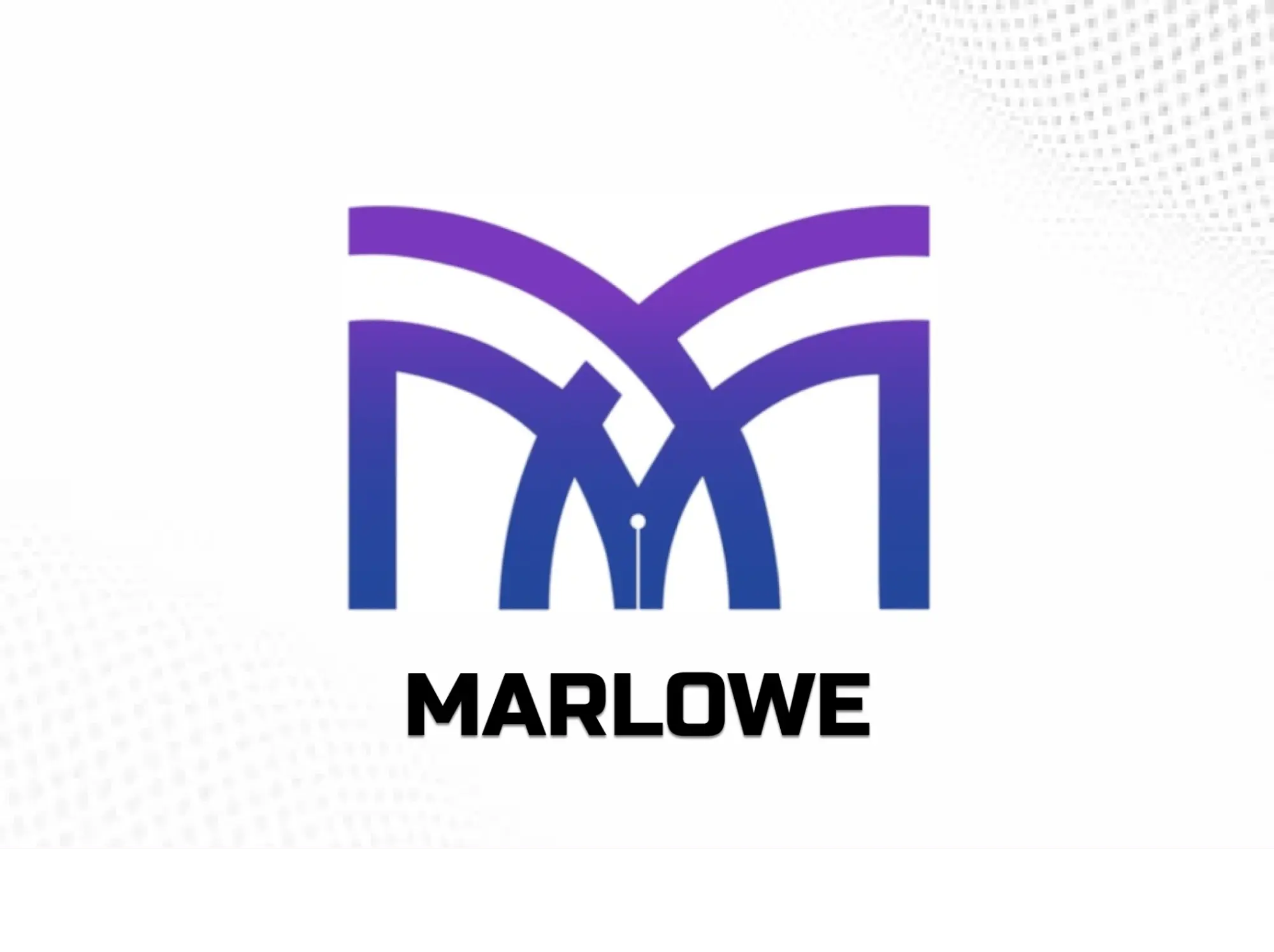
Marlowe's Technical Foundations
At its core, Marlowe relies on a clear and concise scripting language. This language is not only developer-friendly but also crucial for ensuring that financial agreements are easily comprehensible, verifiable, and enforceable.
On-chain and Off-chain Execution
Marlowe also adopts the Cardano approach of integrating on-chain and off-chain code. By unifying these aspects, it streamlines the execution of contracts, making them more efficient and secure.
Democratizing Smart Contracts
One of Marlowe's most notable achievements is its ability to bring smart contract creation to individuals who may not have extensive programming experience. Its user-friendly interface and pre-built templates make it possible for anyone to draft and deploy financial contracts with ease.
Practical Applications and Industries
Marlowe's simplicity and focus on financial contracts have led to its adoption in various sectors:
- Decentralized Finance (DeFi): Simplified protocols for lending, borrowing, and trading.
- Insurance: Streamlined claims and settlements.
- Tokenized Assets: Fractional ownership and transfer of assets.
Like any innovation, Marlowe encounters challenges in terms of adoption and standardization. However, Cardano's commitment to community engagement, education, and regular updates ensures that Marlowe remains an accessible and powerful tool for financial contract creation.
Marlowe's role in the world of Cardano Smart Contracts is not just significant; it's transformative. As blockchain technology continues to evolve, platforms like Marlowe are bridging the gap between complex code and everyday users, unlocking the full potential of smart contracts for a wider audience.
Comparing Plutus and Marlowe: Differences and Similarities
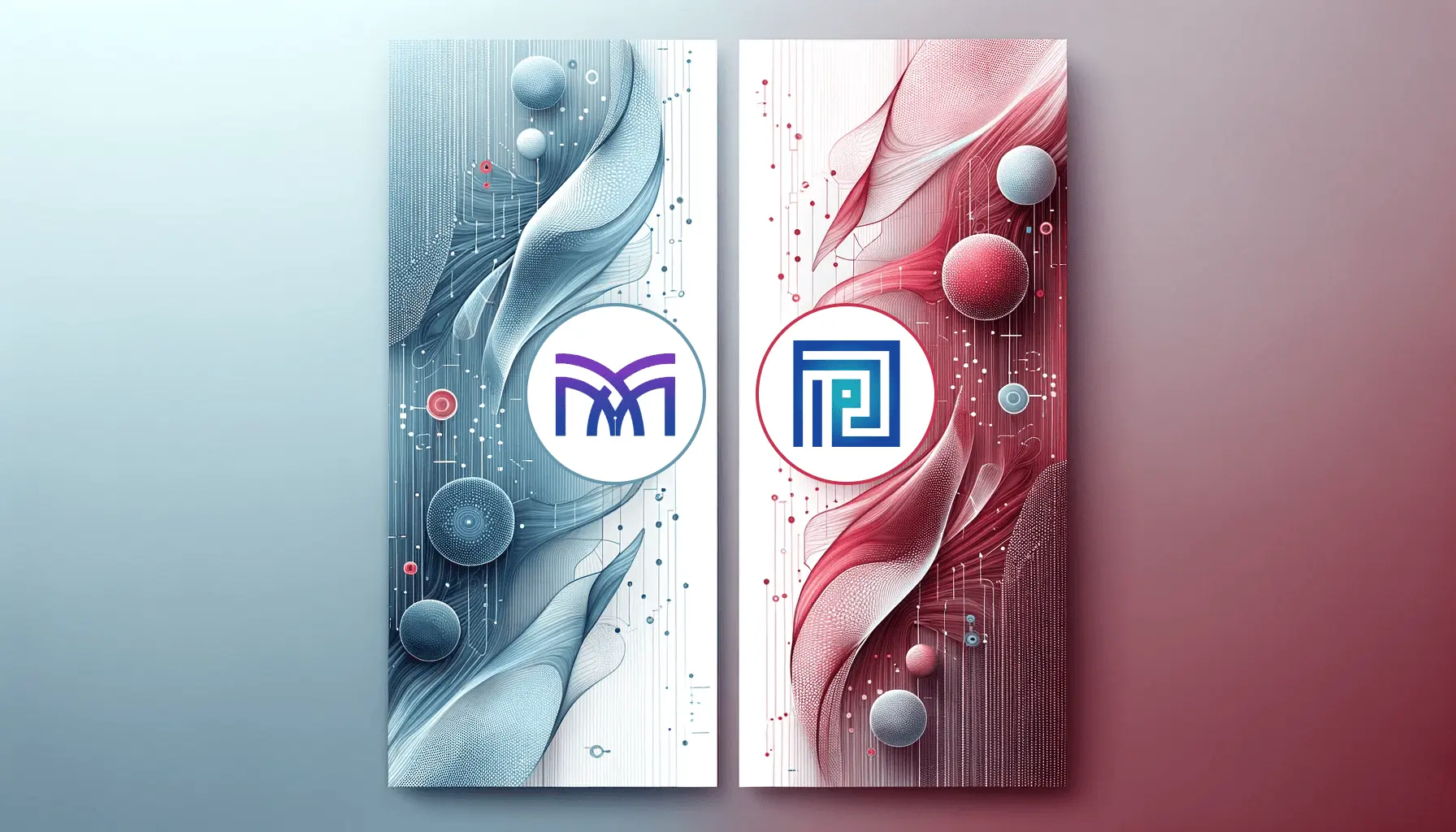
Within the expansive universe of Cardano Smart Contracts, two prominent stars shine bright—Plutus and Marlowe. While both are integral to Cardano's mission, understanding their unique characteristics, differences, and similarities is crucial in determining which to choose for specific use cases.
Differences
Complexity vs. Accessibility:Plutus, with its Haskell-based scripting language, offers unparalleled versatility and complexity. It's a developer's paradise, providing the tools to create highly customized and intricate smart contracts. In contrast, Marlowe focuses on accessibility, providing pre-built templates and a simplified scripting language. It's designed for those who may not possess extensive programming skills.
User Base:Plutus primarily caters to experienced developers who seek complete control over their smart contracts. Marlowe, on the other hand, targets a broader audience, including non-developers who wish to create financial contracts.
Similarities:
On-chain and Off-chain Integration:Both Plutus and Marlowe adhere to Cardano's approach of seamlessly integrating on-chain and off-chain code. This ensures efficiency, security, and consistency in contract execution.
Security:Security is paramount for both Plutus and Marlowe. Plutus's Haskell-based foundation provides robust security measures, while Marlowe's simplicity enhances transparency and trustworthiness.
Choosing Based on Specific Use Cases:
Plutus for Customization:If your project demands highly customized smart contracts with complex logic, Plutus is the go-to choice. It empowers developers to build intricate solutions tailored to specific needs.
Marlowe for Accessibility:When simplicity and accessibility are priorities, Marlowe shines. It's ideal for creating financial contracts, especially in sectors where non-technical users are involved.
Hybrid Approaches:In some cases, a combination of both Plutus and Marlowe may be the best approach. Start with Marlowe to create user-friendly interfaces for financial contracts and then integrate Plutus for more advanced functionalities where needed.
Consultation:It's often beneficial to consult with blockchain experts or Cardano development teams to determine the most suitable option based on your project's unique requirements.
The world of Cardano Smart Contracts offers a spectrum of possibilities, and choosing between Plutus and Marlowe is a matter of aligning technology with your project's goals and complexity.
Real-world Impact of Cardano's Smart Contracts
As Cardano's Smart Contracts platforms, Plutus and Marlowe, continue to evolve, their real-world impact is already evident. From established enterprises to innovative startups, businesses are leveraging these platforms to drive change and unlock new opportunities.
The Future Potential for Startups and Established Businesses:
Startups:For startups, Cardano's Smart Contracts offer a level playing field. Marlowe, with its user-friendly approach, allows newcomers to enter the blockchain space with relative ease. This accessibility opens doors to creative entrepreneurs looking to disrupt traditional industries.
Established Businesses:Established enterprises can tap into the versatility of Plutus. By creating custom smart contracts, they can streamline operations, reduce costs, and enhance security. Cardano's rigorous development standards ensure these solutions are enterprise-ready.
As Cardano's Smart Contracts platforms mature and expand, their impact on businesses will only grow. The blockchain revolution is here, and Cardano is at the forefront, empowering businesses to innovate, enhance security, and create a more transparent and efficient future.
Conclusion and Future Outlook
The journey of Cardano's Smart Contracts has been marked by innovation, promise, and a commitment to shaping the future of blockchain technology. As we conclude our exploration, it's essential to reflect on the growth trajectory, acknowledge potential challenges, and understand how Cardano plans to address them.
Growth Trajectory
Cardano's Smart Contracts, driven by Plutus and Marlowe, have embarked on an upward trajectory, marked by notable milestones:
Mainnet Launch: The successful deployment of Cardano's Alonzo upgrade, enabling the activation of smart contracts on the mainnet, marked a pivotal moment. It ushered in a new era of decentralized applications (dApps) and financial agreements.
Adoption Across Industries: Cardano's Smart Contracts have found applications across diverse sectors, including finance, supply chain, healthcare, and more. As businesses increasingly recognize their potential, adoption continues to surge.
Developer Ecosystem: The growth of Cardano's developer community is a testament to its potential. Developers are actively building on the platform, creating a vibrant ecosystem of decentralized applications and financial tools.
While the future is bright, Cardano acknowledges the challenges that lie ahead:
Scalability: As adoption increases, scalability becomes paramount. Cardano is actively working on solutions like Hydra to ensure the network can handle a growing number of transactions efficiently.
Interoperability: In a multi-blockchain world, interoperability is essential. Cardano's partnerships and collaborations aim to create a seamless exchange of value and information between different blockchain networks.
Regulatory Landscape: The evolving regulatory landscape presents challenges. Cardano is committed to compliance and actively engages with regulatory authorities to ensure a secure and compliant environment.
As we look to the future, Cardano's commitment to innovation, security, and accessibility remains unwavering. The roadmap is filled with exciting developments, including the continued growth of the ecosystem, the advancement of Plutus and Marlowe, and ongoing partnerships that expand Cardano's global reach.
Cardano's journey has only just begun, and the potential is boundless. The collaboration of developers, businesses, and the community ensures that Cardano's Smart Contracts will continue to shape the future of blockchain technology for years to come.
Additional Resources
As you embark on your journey into the world of Cardano's Smart Contracts, there's a wealth of resources, communities, and tools to help you dive deeper into this exciting ecosystem. Here's a curated list to aid your exploration:
Tutorials and Guides:- Cardano Developer Portal: A comprehensive resource offering guides, tutorials, and documentation for developers at all levels.
- Plutus Playground: An interactive environment for testing and experimenting with Plutus smart contracts.
- Marlowe Playground: Explore Marlowe's capabilities and build financial contracts using this user-friendly playground.
- Cardano Forum: Engage with the Cardano community, ask questions, and participate in discussions.
- Cardano Stack Exchange: A Q&A platform where you can find answers to specific technical queries.
- Cardano Reddit: Join the Reddit community to stay updated on news, projects, and discussions.
- Plutus Development Kit: Access the Plutus development kit on GitHub for in-depth development resources.
- Marlowe Development Kit: Explore Marlowe's development kit for building financial smart contracts.
- IOHK Blog: IOHK's official blog offers insights into Cardano's development and research.
- Cardano Foundation: Explore the official website of the Cardano Foundation for news and updates.
- Exchange Cardano: Exchange Cardano using Exchangio for the best swapping experience.
These resources serve as your compass in navigating the vast landscape of Cardano's Smart Contracts. Whether you're a developer, enthusiast, or explorer, they offer valuable insights, guidance, and a sense of community as you embark on your journey with Cardano.
Disclaimer:
The information contained in this article is provided for educational and informational purposes only. It is not intended to be investment or financial advice, and should not be taken as such. Cryptocurrency is a highly speculative and volatile market, and any investment made in it carries a significant risk. Before making any investment decisions, it is recommended that you seek the advice of a qualified financial professional to understand the potential risks and rewards associated with investing in cryptocurrencies.
